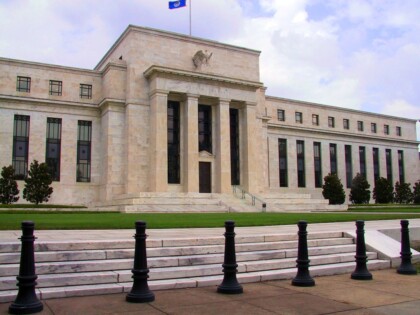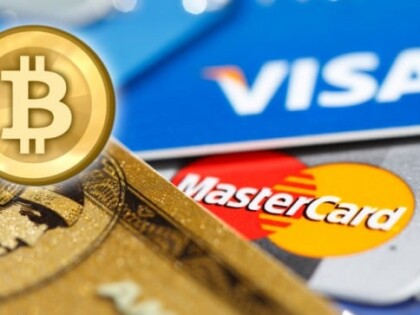
Earlier this year, the Vietnamese communist government and central bank announced that trading in bitcoin and other virtual currencies is illegal and further warned its citizens to refrain from buying, selling, trading or investing in digital currency. Officials say widespread bitcoin adoption could disrupt Vietnam’s monetary policies and finance sectors.
This week, Nguyen Xuan Thanh, director of the Fulbright Economics Teaching Program (FETP), told Vietnam.net that if bitcoin is recognized in the same way as the nation’s currency – the dong – then it would become difficult for the Bank of Vietnam to manage monetary policy and regulate the monetary market.
Thanh stated that the dollarization trend has been a troubling issue because the central bank continually notices the dollar being involved in a large percentage of all transactions. This has prompted officials to call it “bitcoinization” if bitcoin were to enter the marketplace at a greater level.
One of the reasons why bitcoin was prohibited was because the Vietnam dong would have to split its transacting power throughout the economy as it does with the United States dollar. In order to circumvent this problem, the central bank will have to increase the money supply to incite demand, but officials concede this will generate weaker effects depending on how much bitcoin is utilized.
In other words, the more bitcoin is used the more influence it would garner on the inflation rate and Vietnam’s gross domestic product.
“The State Bank has just said that bitcoin is not accepted in transactions in Vietnam as a payment instrument and a legal currency,” Thanh added. “And it has just warned bitcoin holders about the high risks in using bitcoins in payment. These are not enough for law enforcement agencies to deal with the case.”
Despite the stern warnings, there is still a bitcoin trading floor operating in Vietnam. It has yet to be shut down because the government still needs to issue a firm statement regarding the legitimacy and legality of such bitcoin ventures, says high ranking official of C50, the Ministry of Public Security’s Agency for High-tech Crime Prevention.
Another concern the government has when it comes to bitcoin operating in Vietnam is tax evasion and other illicit activities. “Transaction by bitcoin is highly anonymous so bitcoin can become a tool for crimes like money laundering, drug trafficking, tax evasion, illegal payment. The price of bitcoin fluctuates over a short time so investments in bitcoin are risky,” the Vietnamese government noted in a statement in February.
Vietnam’s diaspora could use bitcoin by sending home remittances if the digital currency were to be adopted on a much larger scale.







